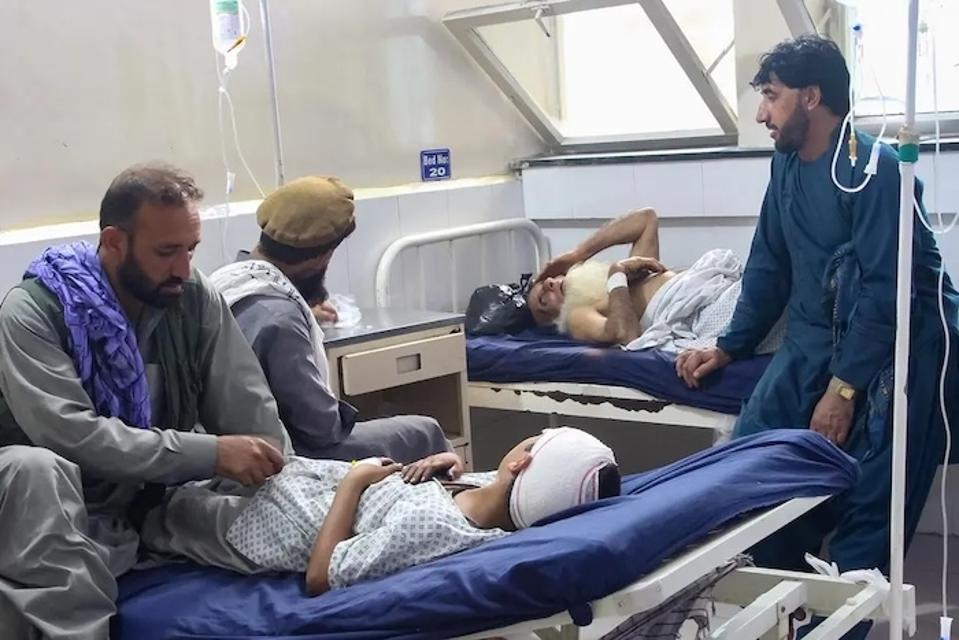UNICEF teams are on the ground, delivering medical care to the injured and working closely with local partners and other UN agencies to respond rapidly to urgent needs.
Early reports indicate hundreds are dead and thousands injured
A powerful 6.0-magnitude earthquake struck eastern Afghanistan near the border with Pakistan late last night, with its epicenter northeast of the city of Jalalabad in Nangarhar province. Early reports indicate a significant loss of life, including many children, with hundreds of fatalities and thousands injured, alongside widespread destruction of homes and infrastructure. The number of casualties is expected to rise as assessments continue.
“UNICEF is deeply saddened by the tragic loss of life and the devastation caused by this disaster,” said Dr. Tajudeen Oyewale, UNICEF Afghanistan Representative. “Our thoughts are with the children and families affected, many of whom have lost loved ones and homes.”
UNICEF teams are conducting joint assessments and prioritizing immediate, lifesaving interventions for children and families
UNICEF teams are already on the ground, working closely with local partners and other UN agencies to respond rapidly to urgent needs. Many villages were flattened by the quake’s impact; access is hampered by landslides.
Alongside conducting joint assessments with UN agencies to determine the full scale of the impact, UNICEF is prioritizing immediate, lifesaving interventions for children and families such as deploying mobile health teams to affected Chawkay and Nurgal districts of Kunar to provide first aid and immediate care to those injured.
In addition, UNICEF-supported health facilities in Nangarhar and Kunar provinces are delivering urgent treatment and supporting the injured as hospitals face growing pressure.
UNICEF is supporting hospitals and dispatching critical emergency supplies for earthquake survivors
UNICEF is also sending critical emergency supplies, including medicines, hygiene items (soap, detergent, towels, sanitary pads and water buckets), warm clothing, shoes, and blankets, kitchen equipment, as well as tents and tarpaulins for families who have lost their homes.
“We continue to coordinate with local partners and communities,” said Oyewale. “Our response focuses on addressing urgent needs across health, safe water, sanitation, nutrition, child protection, temporary shelter and psychosocial support to ensure that children and families receive lifesaving assistance as quickly as possible.
“This is a rapidly evolving situation, and UNICEF will continue to scale up our humanitarian response in support of the affected communities.”
UNICEF has been on the ground, helping children and families in Afghanistan since 1949. As of July, UNICEF Afghanistan’s 2025 $1.1B appeal had a 47 percent funding gap.
Your support for UNICEF is more important than ever. Give now to help UNICEF reach more children in need.

